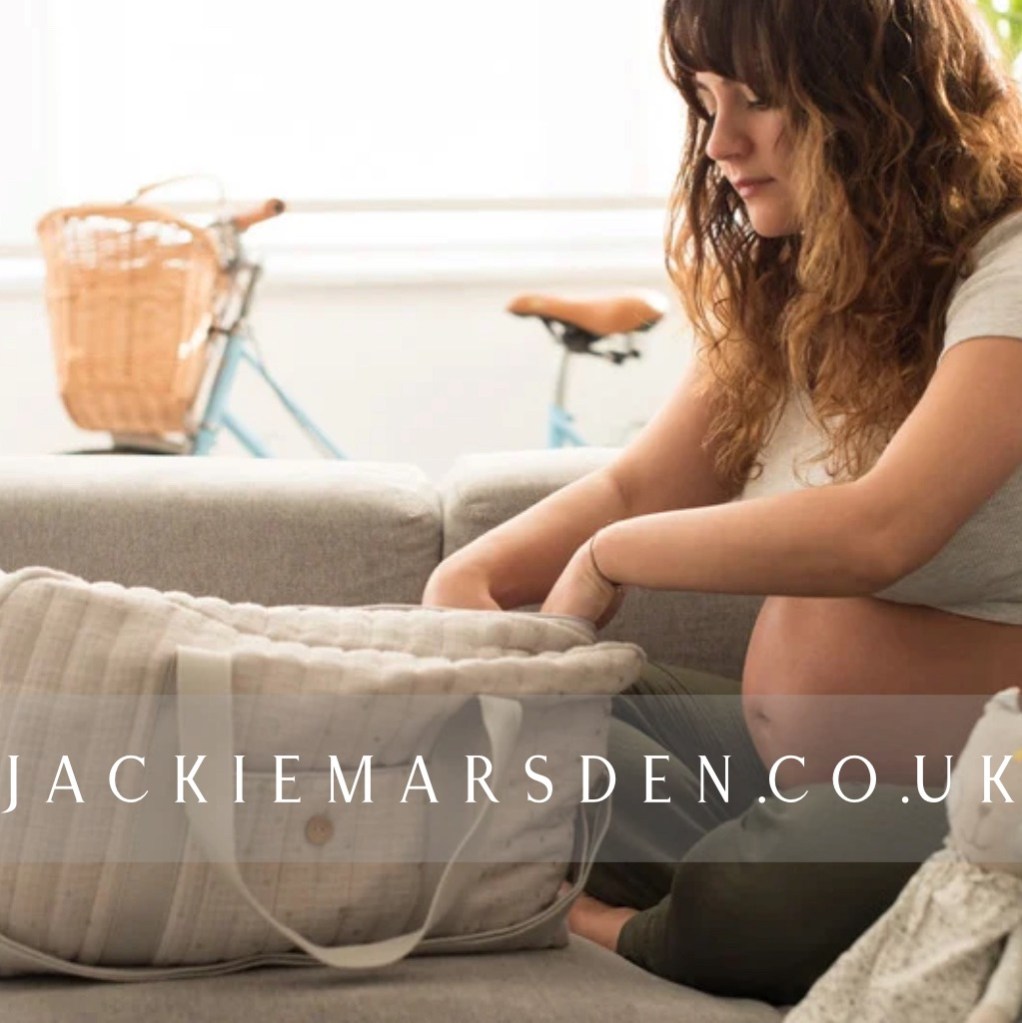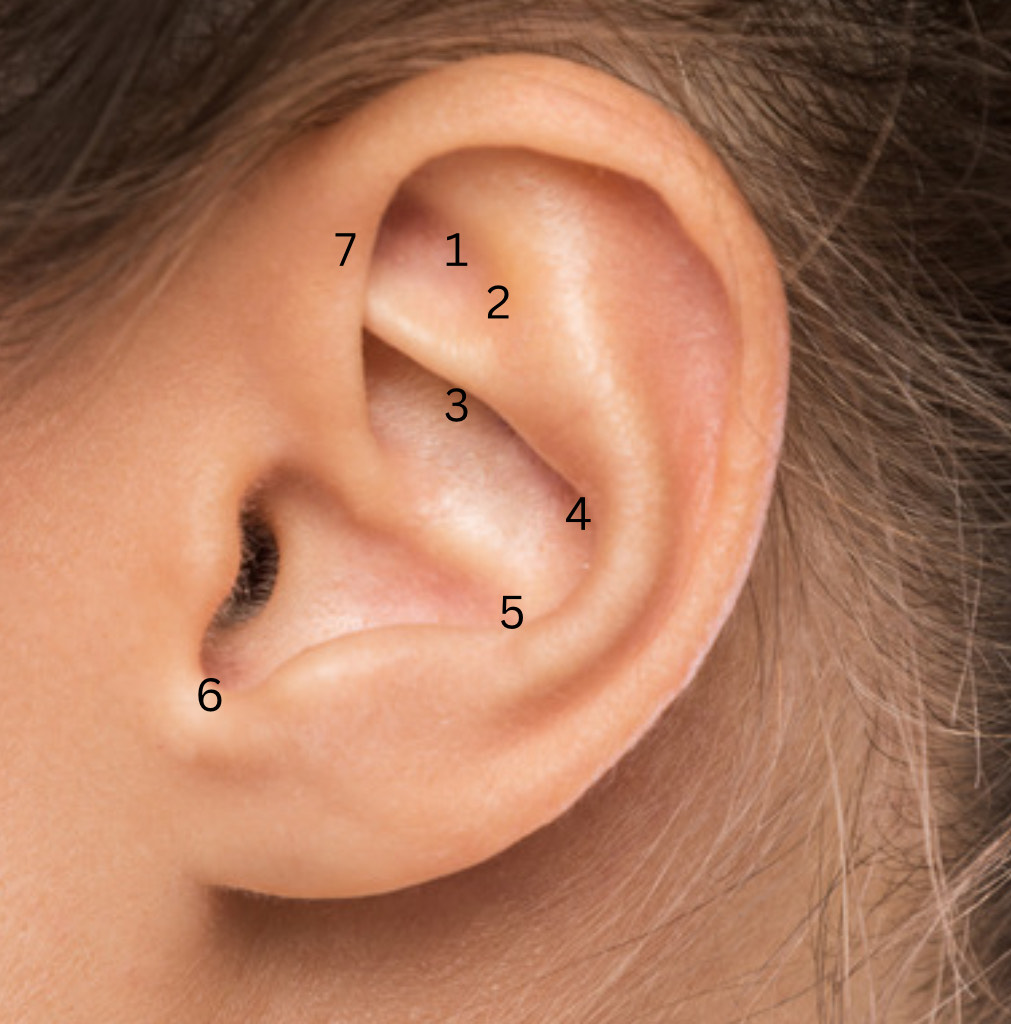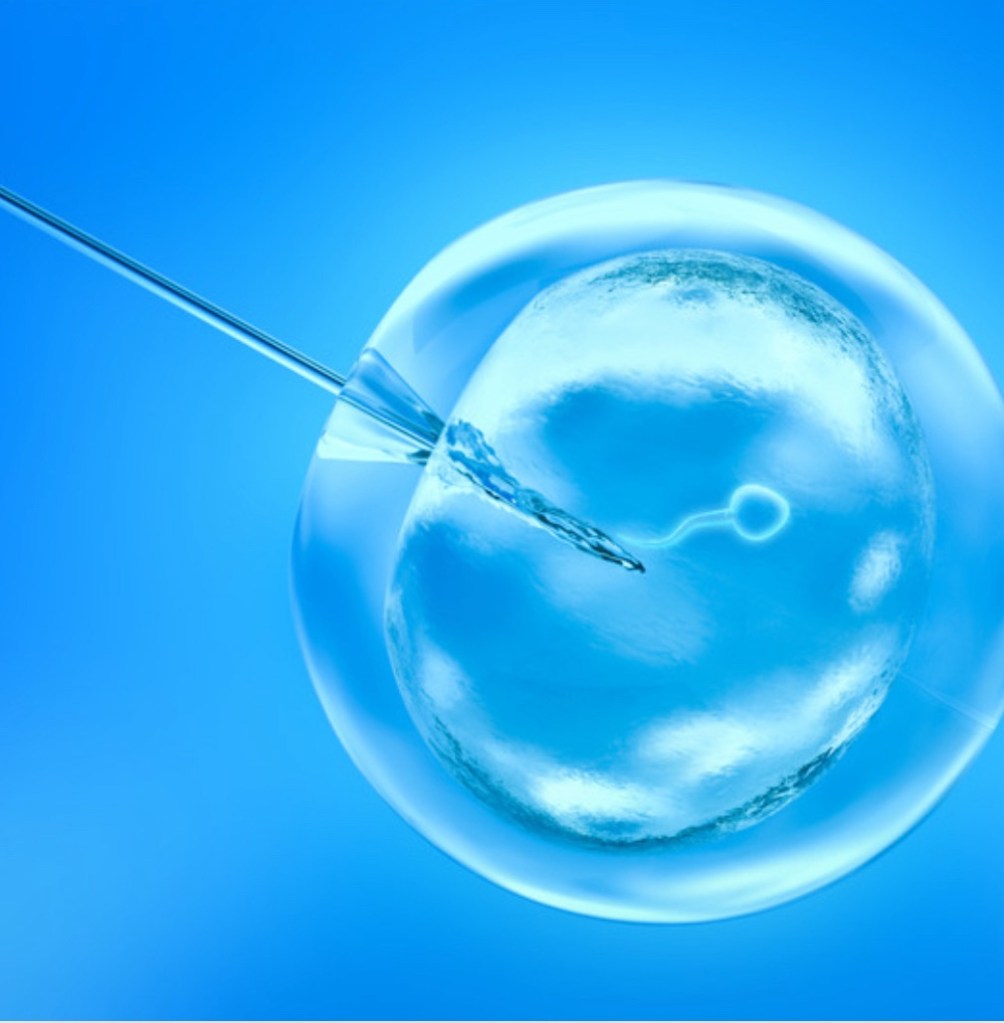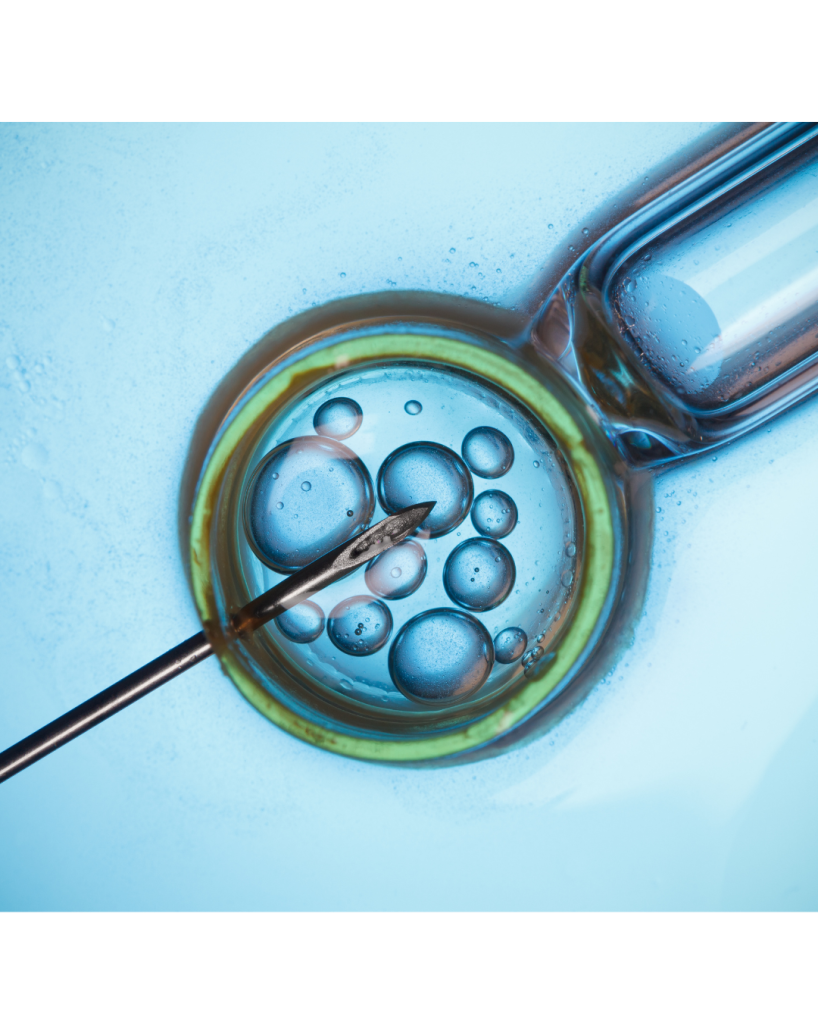In Traditional Chinese Medicine (TCM), the vitality of life is held in the Ming Men, the Gate of Life. This is an acupuncture point located on the lower back, roughly opposite – and at the same level as – the navel, in the area of the Dan Tien (the body’s energy centre). It sits between the Kidneys and, from a TCM perspective, draws on Kidney Yin and Yang to distribute balanced Qi throughout the body.
When the Ming Men is strong, Fire arises, and vitality flourishes. This shows up as good energy levels, healthy circulation, strong libido, good fertility, a calm mind, and a regular, robust digestive system. This is because Fire is needed to warm and activate the digestive organs.
When the Ming Men is weak, this may lead to fatigue, poor digestion with loose stools, anxiety, low libido, infertility, and back problems. It often creates an overall sense of deficiency – feeling under par or depleted.
Night sweats and hot flushes are signs that Ming Men Fire is fluctuating, flaring up and then dropping down rather than maintaining a stable, balanced heat.
Ming Men Fire drives Blood circulation, supports the Heart, and in TCM the Heart houses the Mind (Shen). This means the Ming Men provides not only physical vitality but also mental and emotional vitality. And because mental and emotional resilience are deeply connected to physical health, supporting the Ming Men offers a truly holistic approach to wellbeing.
How to support your Ming Men?
- Breathwork, focusing on gently drawing the navel toward the spine
- Acupressure or massage to the lower back
- Keeping the lower back warm to nourish and protect the Ming Men
- And of course, regular acupuncture sessions
Keep your fire burning bright with me at Elder Cottage Clinic, Warton PR4 and book in for acupuncture today.










